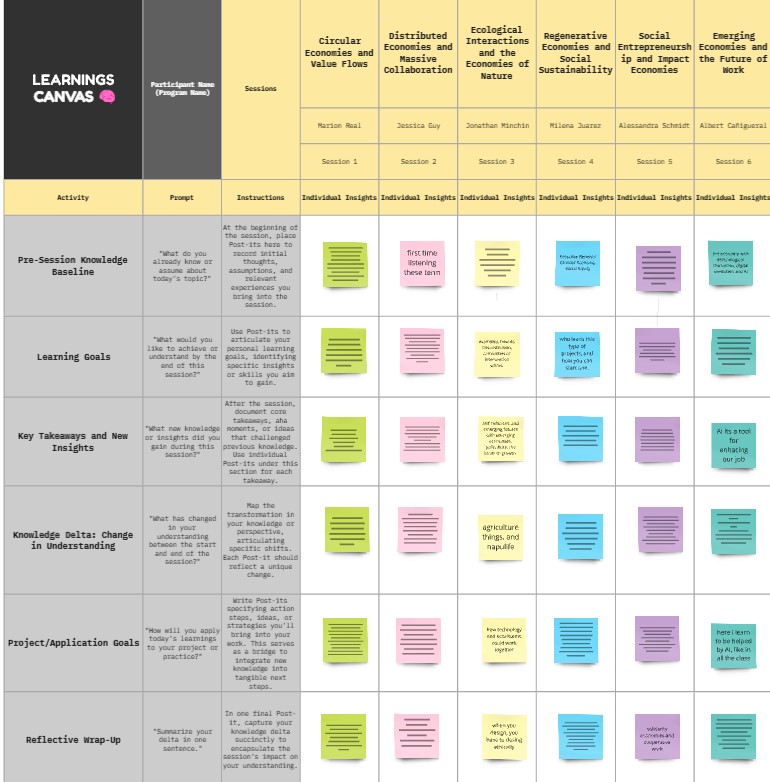Circular Economy Integration
The integration of circular economies into local frameworks can revolutionize sustainability in urban development. This approach not only redefines waste management but also fosters economic resilience by promoting the reuse and recycling of resources. By implementing a circular economy, cities can create environmentally sustainable structures that extend the lifecycle of products and materials, reducing environmental impact and fostering a culture of conservation. Such systems are pivotal for achieving urban sustainability, offering a pathway to decrease ecological footprints while enhancing community livelihoods.
Collaborative Growth
Distributed economies and massive collaboration represent a transformative approach to urban development. By leveraging the power of collective insight and resource sharing, cities can address significant challenges like housing, energy, and infrastructure more effectively. This model encourages the formation of sustainable urban spaces that benefit from global networks of knowledge and innovation. These collaborative efforts are crucial for not only spreading sustainable practices but also for nurturing local economies through shared goals and integrated strategies.
Ecological Synergies
Understanding the intricate relationships between technology and ecosystems is essential for future urban planning. As we explore the potential for technology to coexist with natural ecosystems, the focus shifts towards creating environments where both can thrive. This synergy is crucial for developing sustainable cities that respect ecological balances and promote green living. Emphasizing the compatibility of technological advancements with environmental preservation leads to more resilient and adaptive urban spaces.
Regenerative Practices
The concept of regenerative economies goes beyond sustainability; it seeks to restore and enhance the social and ecological systems on which economies rely. This approach involves recognizing the limits of growth and focusing on regeneration of resources, community engagement, and long-term environmental health. By implementing regenerative practices, cities can foster a more profound respect for the natural world, ensuring that economic activities contribute positively to the environment and societal well-being.
This structured reflection encapsulates the transformative potential of integrating innovative economic models with urban planning, highlighting the shift towards more sustainable, collaborative, and regenerative practices in city development.


